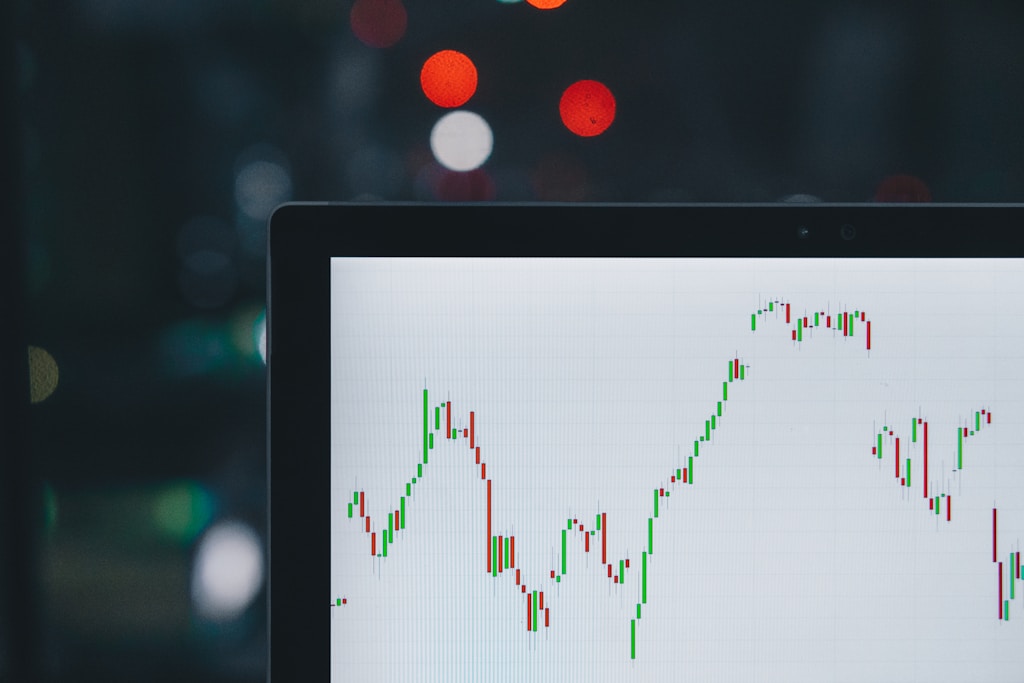Bitcoin Bull Run Shock: CryptoQuant CEO’s April Alert!
CryptoQuant CEO predicts Bitcoin bull run extension through April 2025, despite 30% correction and $440M BlackRock selloff. Market enters critical decision p…

Bitcoin’s Historic Bull Run Could Extend Through April
In a stunning market analysis, CryptoQuant CEO Ki Young Ju predicts Bitcoin’s current bull run may continue until at least April 2025, potentially marking the longest upward trend in the cryptocurrency’s history. This forecast comes as Bitcoin trades near the critical $80,000 level, with recent volatility testing investor confidence.
As highlighted in recent market analysis showing growing concerns over Bitcoin’s $80K support level, the cryptocurrency market stands at a crucial juncture.
Critical Market Indicators at the Crossroads
Ki Young Ju’s analysis reveals Bitcoin has entered what he terms a “critical zone,” where market indicators show a mix of bullish and bearish signals. His research, based on a newly developed Bitcoin growth rate differential metric, suggests the market is at an inflection point.
Key Market Statistics:
- Current Bitcoin Price: $79,900
- Recent Peak: $86,990
- Recent Low: $79,490
- Current Drawdown: 30% from recent highs
Institutional Activity and Market Impact
Recent institutional movements have added complexity to the market outlook. BlackRock’s significant liquidation of approximately:
- $440 million in Bitcoin
- $70 million in Ethereum
Historical Context and Future Outlook
Historical data provides important context for current market conditions. Previous bull markets have demonstrated resilience through significant corrections:
- Historical pullbacks of up to 52% during bull phases
- Current 30% correction aligns with historical patterns
- Potential for continued upward momentum despite volatility
Expert Analysis and Market Implications
Market experts emphasize several key factors that could influence Bitcoin’s trajectory:
- On-chain metrics suggesting market equilibrium
- Institutional flow patterns indicating possible accumulation
- Technical indicators pointing to potential continuation of the bull trend
Conclusion: Navigating the Uncertainty
While Ki Young Ju’s analysis suggests an extended bull run through April 2025, investors should remain vigilant of market signals and maintain appropriate risk management strategies. The combination of institutional activity, technical indicators, and historical patterns creates a complex market environment requiring careful navigation.



